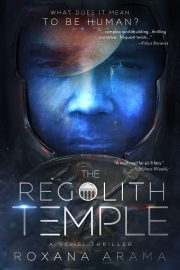Guest post–The Pillars of Your Public Booklife: What Do You Find Most Important?
More than two thousand years ago, the strategist Sun Tzu wrote that the warrior skilled in indirect warfare is as inexhaustible as Heaven and Earth, as unending as rivers and streams, and passes away only to return like the four seasons.


